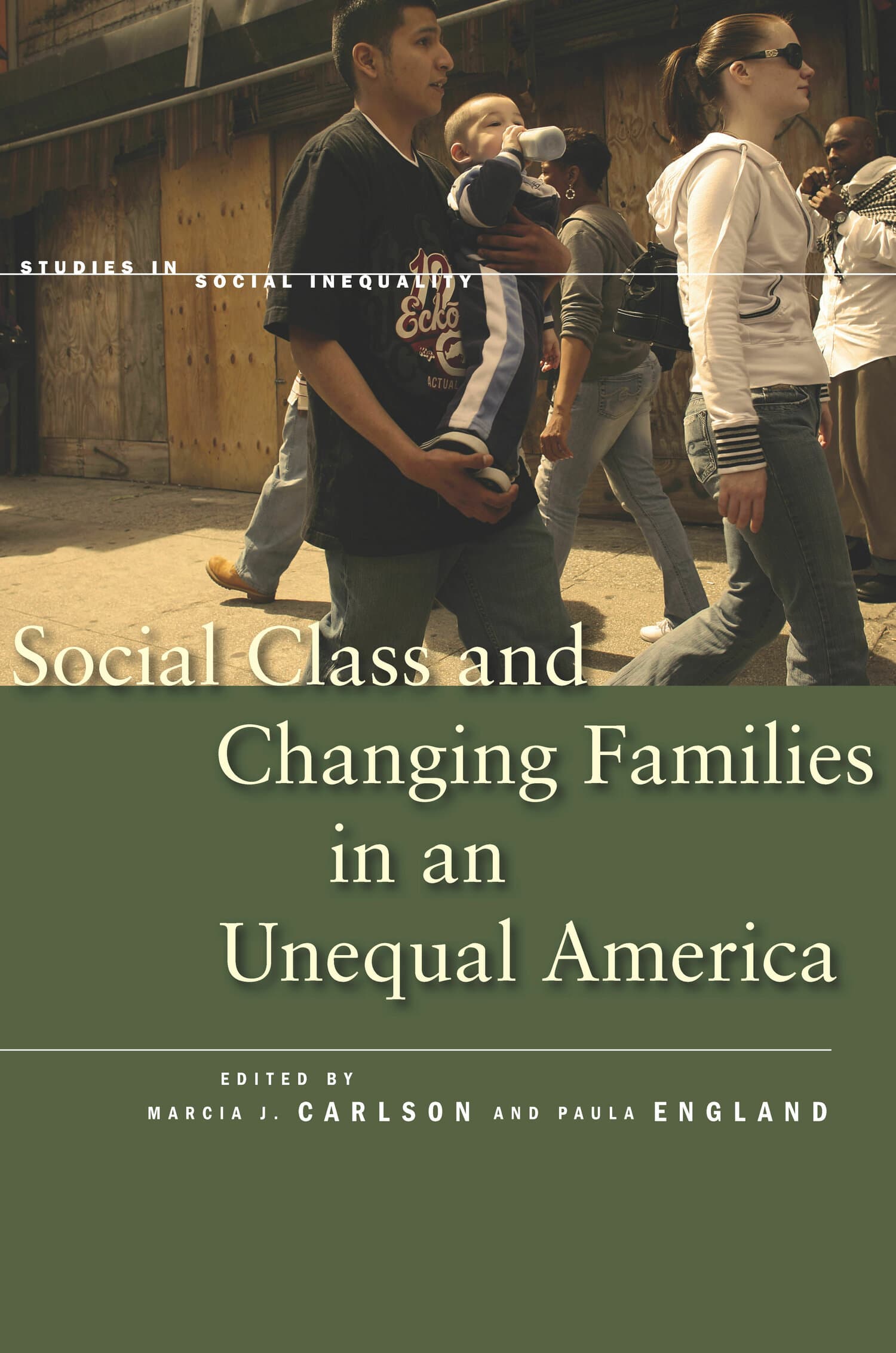Borders of Belonging

Borders of Belonging investigates a pressing but previously unexplored aspect of immigration in America—the impact of immigration policies and practices not only on undocumented migrants, but also on their family members, some of whom possess a form of legal status. Heide Castañeda reveals the trauma, distress, and inequalities that occur daily, alongside the stratification of particular family members' access to resources like education, employment, and health care. She also paints a vivid picture of the resilience, resistance, creative responses, and solidarity between parents and children, siblings, and other kin.
Castañeda's innovative ethnography combines fieldwork with individuals and family groups to paint a full picture of the experiences of mixed-status families as they navigate the emotional, social, political, and medical difficulties that inevitably arise when at least one family member lacks legal status. Exposing the extreme conditions in the heavily-regulated U.S./Mexico borderlands, this book presents a portentous vision of how the further encroachment of immigration enforcement would affect millions of mixed-status families throughout the country.
"This book's investigations into sibling relationships, the Rio Grande region, and the impacts of illegalization on U.S. citizen family members is important and original. Through the use of compassionate personal narratives, Castañeda humanizes the anguish and resilience of the book's protagonists. An essential and engrossing read."—Susan Bibler Coutin, University of California, Irvine
"Borders of Belonging is a brilliant, powerful, unprecedented book. It is an absolute must read for everyone. This book is critical not only for all who are interested in immigration in the United States and around the world, but also for anyone who cares about families, children, and parents. Castañeda skillfully portrays real families in the Rio Grande Valley who are navigating the unintended, harmful consequences of immigration and social policies, displaying their deep compassion and care for one another. As they experience powerful discrimination and racism, these families display resilience and solidarity across lines of difference, actively resisting inequality in their midst. The families and individuals—immigrants and citizens—whom the reader comes to know in these pages offer us all models for a more healthy and equal society and teach us important lessons for our communities, schools, health care systems, and public policies."—Seth M. Holmes, author of Fresh Fruit, Broken Bodies: Migrant Farmworkers in the United States
"This work powerfully and effectively addresses the situation of undocumented migrants to the United States caught up in the larger political crisis of immigration policies and enforcement. This inspired and moving work of ethnography is cast at the level of everyday life and the complexities of undocumented status, though the author fully grasps the formal levels of policy making and enforcement that led to such difficult challenges for families in the Rio Grande borderlands...Recommended."––G. E. Marcus, CHOICE
"One of Castañeda's contributions lies in legitimizing the family as a uniform social unit with potential for action and adaptation in the face of adverse conditions. By positing the family as a mediator of culture, Castañeda redefines the boundaries of social life and the ways they can be understood to gauge the impacts of policies that, though aimed at individuals, inevitably affect those around them."––Javier Porras Madera, NACLA Report on the Americas
"Borders of Belonging illuminates a poorly understood aspect of life in a way that is compelling, clear, theoretically and methodologically grounded, timely and compassionate....essential reading for anyone who wishes to understand the complex and layered human experience of immigration in the United States today."—Faidra Papavasiliou, General Anthropology
"Drawing on meticulous ethnographic interviews with various members of families in the Rio Grande Valley, Castañeda tells a fascinating story, nuanced and attentive to the specifics of the geographic region of 'the Valley'....Future research should build off this excellent work and document similarities and differences across varying geographic and local contexts throughout the United States and, perhaps, around the world."—Joanna Dreby, Social Forces
"Borders of Belonging is an essential read for anyone seeking to understand the lived experience of US immigration laws and their enforcement....[An] insightful examination into both the visible and invisible effects of US immigration policy."—Jane Lilly López, Journal of American Ethnic History
"Borders of Belongingis a policy-relevant and accessible piece of work that provides extremely significant insight in the spill-over effects of tightened border control and draconian migration policies. Through vivid descriptions of the harmful consequences of these policies, the book attests to the ways in which family members become the 'collateral damages' of these politics of migration. I appreciate Heide Castañeda's commitment to bringing to life the daily reality of mixed-status families as they navigate borders, belonging and family-life."—Elsemieke van Osch, Border Criminologies




